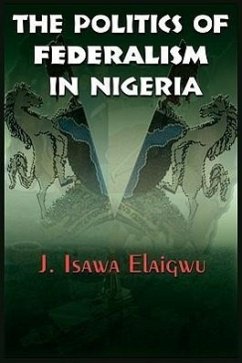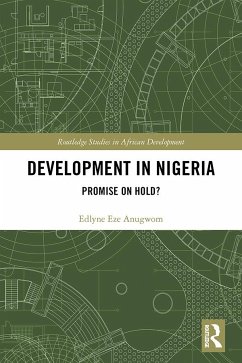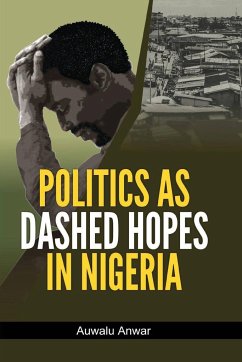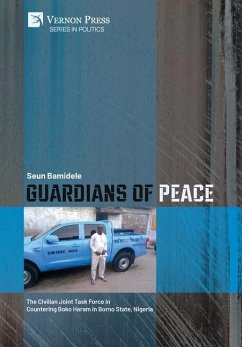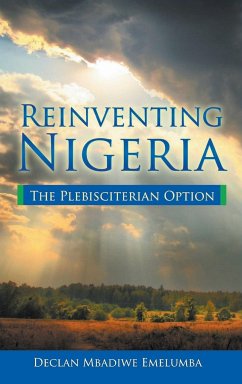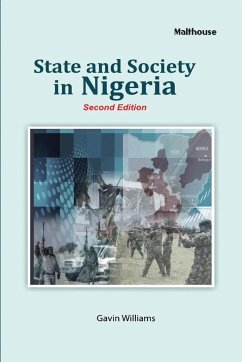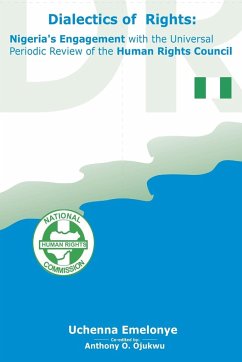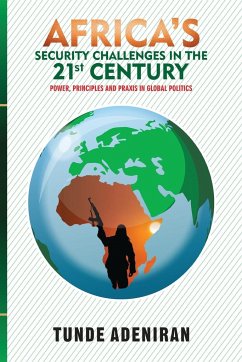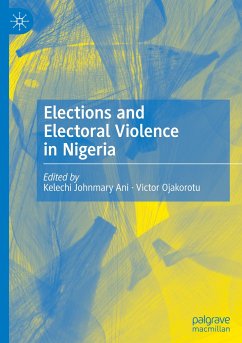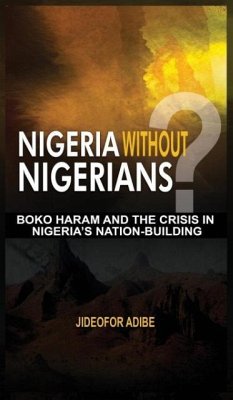
Nigeria Without Nigerians?
Boko Haram and the Crisis in Nigeria's Nation-Building
Versandkostenfrei!
Versandfertig in 1-2 Wochen
33,99 €
inkl. MwSt.

PAYBACK Punkte
17 °P sammeln!
Boko Haram has been one of the most important sources of security challenges facing the Nigerian government since the group became radicalised in 2009 following a government clampdown and eventual death of their founder Mohamed Yusuf. The monograph critically interrogates the various explanatory theses for the emergence and radicalisation of the group and concludes that the sect is merely a symptom of the severe crisis that has engulfed the country's nation-building. This crisis, it argues, has triggered a massive de-Nigerianisation process, often with the state as the enemy: those entrusted w...
Boko Haram has been one of the most important sources of security challenges facing the Nigerian government since the group became radicalised in 2009 following a government clampdown and eventual death of their founder Mohamed Yusuf. The monograph critically interrogates the various explanatory theses for the emergence and radicalisation of the group and concludes that the sect is merely a symptom of the severe crisis that has engulfed the country's nation-building. This crisis, it argues, has triggered a massive de-Nigerianisation process, often with the state as the enemy: those entrusted with the nation's common patrimony steal it blind, law enforcement officers turn the other way if you offer them a little inducement, organised labour, including university lecturers go on prolonged strikes on a whim, students resort to cultism and exam malpractices and workers drag their feet, refuse to put in their best and engage in moonlighting. Most people and groups seem to have one form of grouse or the other against the Nigerian state and its institutions, meaning that unless the trend is urgently reversed, there is a risk of having Nigeria without Nigerians.





